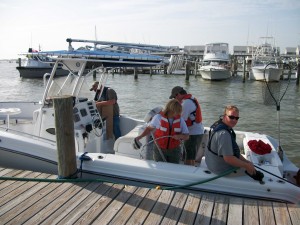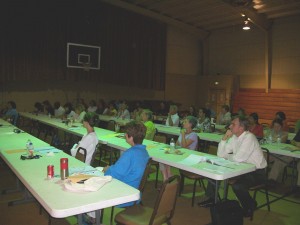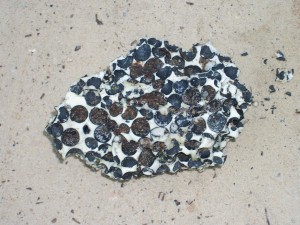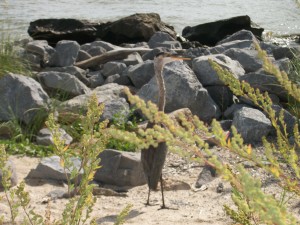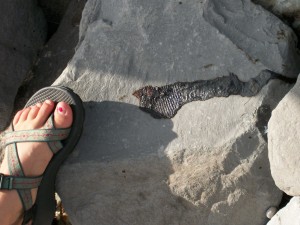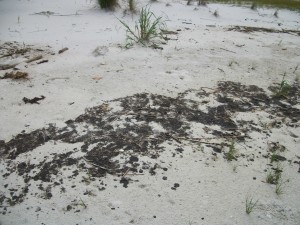
Weeks have gone by and plenty of oil west of Katrina Cut on Dauphin Island still needs to be cleaned up, photographed July 16, 2010.
Earlier this year, Haiti was devastated by an earthquake. Over 200,000 people died. Despite the scope of this catastrophe, I hardly think of this anymore. It’s hardly visible to me. I need to change that because Haiti must still have tremendous needs.
The same scenario is about to be played out with the oil spill here. Like the Alaskan communities still suffering from the Exxon Valdez disaster, our environmental, health, economic, and community needs may easily be forgotten. Yes, BP and the government have promised to do all they can. But what can we, the people, do to fill the many needs that will go unmet? What can we do, to see that this kind of event be prevented in the future? I believe that our contribution as regular people can be momentous.
Under the News tab above, please check out our new section for the Haiti Earthquake.
You are invited to a brainstorming meeting about continued community focus and action on the oil spill. We as a group or groups will share about opportunities, needs, experiences, and resources. We will also generate ideas and inspire one another to be more aware, more focused, and more able to make a difference in our coastal communities. Rachel Guillory of Oceana and Leo Denton will facilitate the meeting.
The Future of the Gulf Community Brainstorm will be Wedneday, July 21, 7:00 – 8:30 P.M. at the Shelby Center at the Dauphin Island Sealab at 101 Bienville Boulevard on Dauphin Island. See Facebook event too.
A message from Alabama Coastal Foundation and Mobile Baykeeper:
“We encourage those of you who can give of your time to join those already working to protect our shores. We have now trained over 300 Volunteer Field Observers to monitor Alabama’s shoreline. Some of these volunteers have already devoted more than a month of their time doing weekly monitoring, and we are in need of a fresh group of volunteers as we continue to monitor for effects from oil. Our next Volunteer Field Observer training will take place on Thursday, July 22 from 3:00 – 4:30 pm with a second training from 6:00 – 7:30 pm. All trainings take place at 5 N Jackson street in Downtown Mobile. Please register by emailing saveourgulf@mobilebaykeeper.org to reserve your space. Please make sure to let us know which training you wish to attend.”

